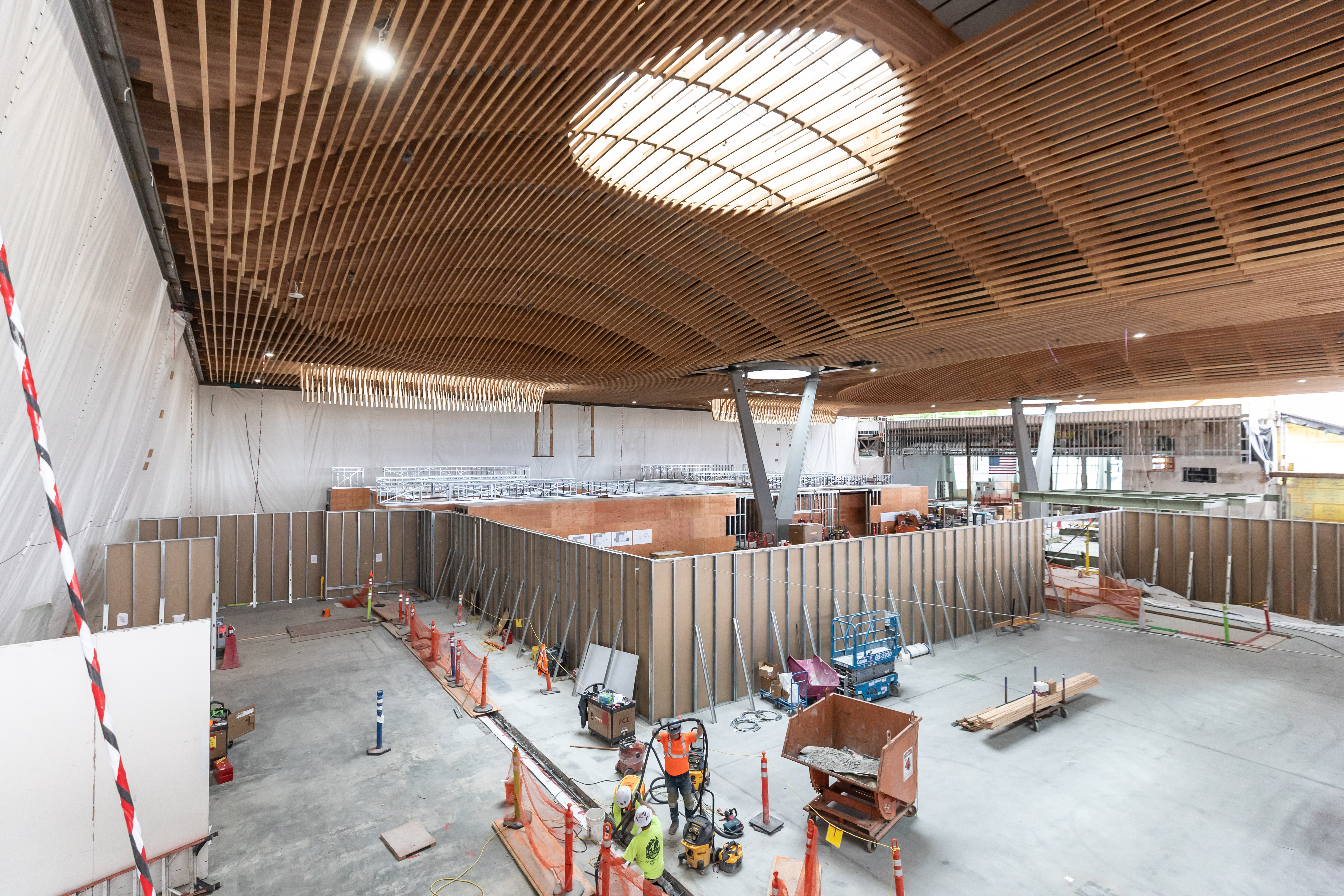You can’t prepay Oregon taxes to get around a deduction cap
Published 5:09 am Sunday, December 31, 2017
Central Oregonians joined thousands of property owners around the country in rushing to pay their 2018 property taxes early in hopes of lowering their federal tax bills, but Oregon law won’t let them.
A new federal tax law passed along party lines earlier this month caps the previously unlimited deduction for property and state and local income taxes at $10,000. It especially affects affluent homeowners in high-tax coastal states such as Oregon.
Since the law passed, hundreds of people have lined up outside tax offices in some counties in Virginia and Maryland. Some counties scrambled to pass laws allowing prepayment. In New York, Gov. Andrew Cuomo issued an executive order allowing local governments to collect 2018 property tax payments.
In Central Oregon, county employees have seen a steady stream of phone calls and visits from property owners who want to pay their 2018 property taxes before the new law takes effect Monday.
“We’ve not had a big wave of people coming in, but we’ve had several calls every day,” Crook County Deputy Treasurer Carol Brown said Thursday.
Crook County hasn’t had similar calls in previous years, and they’re connected to the new tax law, Brown said. Deschutes County has similarly seen a number of people call with questions about prepaying property taxes, county Finance Director Wayne Lowry said.
The county turns most of these people away because it can’t legally accept most prepaid taxes, he said. It’s also refunding the people who have tried to mail in future year’s taxes.
“The Oregon statutes pretty much disallow prepayments except in certain situations,” Lowry said. “We don’t really have the ability to accept payments on next year’s tax bill.”
Oregon property taxes are assessed for fiscal years, which run from July 1 to June 30, not calendar years. In Deschutes County, property owners receive their tax bills by late October and have to make an initial payment by Nov. 15.
They can choose to pay their entire property tax bill by Nov. 15 and receive a discount, or pay in three installments: one Nov. 15, one on Feb. 15, 2018, and one on May 15, 2018.
Oregonians who choose to itemize their federal taxes and take the property tax deduction can only deduct the money they paid during the calendar year. That means homeowners who paid their property taxes in installments and plan to itemize when filing taxes this spring would be able to deduct the last two payments they made on their 2016-17 taxes and the first payment on their 2017-18 property taxes.
If they plan to continue itemizing deductions in 2018 despite a higher standard deduction — it nearly doubled to $12,000 for single people and $24,000 for married couples filing jointly — and expect to pay more than $10,000 in combined property and state and local income taxes, homeowners could receive extra money back by paying their whole 2017-18 property tax payment before the law goes into effect Monday.
The Internal Revenue Service said Wednesday it will allow taxpayers to deduct property taxes due in 2018 and paid in 2017 only if the taxes were assessed earlier. Paying your 2017-18 taxes by Dec. 31 is tax deductible, but paying the 2018-19 taxes would not be.
That puts the IRS in line with Oregon law, which doesn’t allow counties to pre-collect property taxes, Oregon Department of Revenue spokeswoman Joy Krawczyk said. Shortly after the new federal tax law passed, the department sent reminders to county tax collectors that they couldn’t accept payments on taxes that had not been assessed, she said.
“You can’t do prepayments,” Krawczyk said. “If they are received, they have to be reimbursed. They can’t be kept in an account.”
— Reporter: 541-633-2160; jshumway@bendbulletin.com






